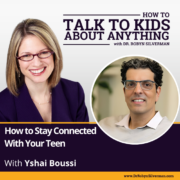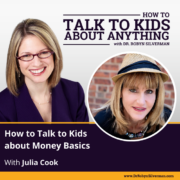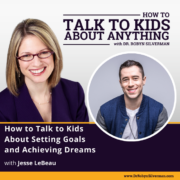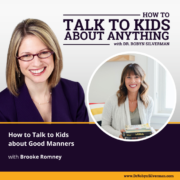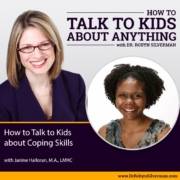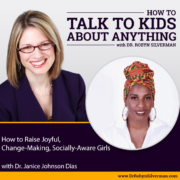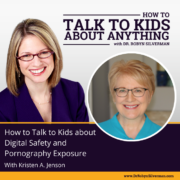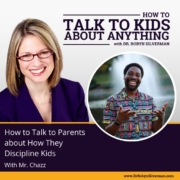Tag Archive for: Kids
How to Help Kids with Autism, ADHD and Other Neurological Disorders Gain Better Brain Balance with Dr. Robert Melillo – Rerelease
/in PodcastThere is no question- there has been a marked increase in children diagnosed with autism spectrum disorder, ADHD, dyslexia, Tourette Syndrome, and other neurological disorders. We have also heard of increases in food sensitivities, social problems, screen usage and medication use and a decrease in getting out into nature, going out for recess and unstructured play. Are these things connected? And if so, what can we do about it all? To answer these questions and more, we are turning to Dr. Robert Melillo.
Dr. Robert Melillo is a world-renowned chiropractic neurologist, professor and researcher in child neurological disorders, and creator of the Brain Balance Program. Since 1994, his program has helped thousands of children with autism spectrum disorder, ADHD, dyslexia, Tourette Syndrome, and other disorders. His Brain Balance Achievement Centers are located throughout the United States. He is the author of Disconnected Kids, Disconnected Kids, Reconnected Families, Reconnected Kids and more. You can learn more about Dr. Melillo and his work at DrRobertMelillo.com

